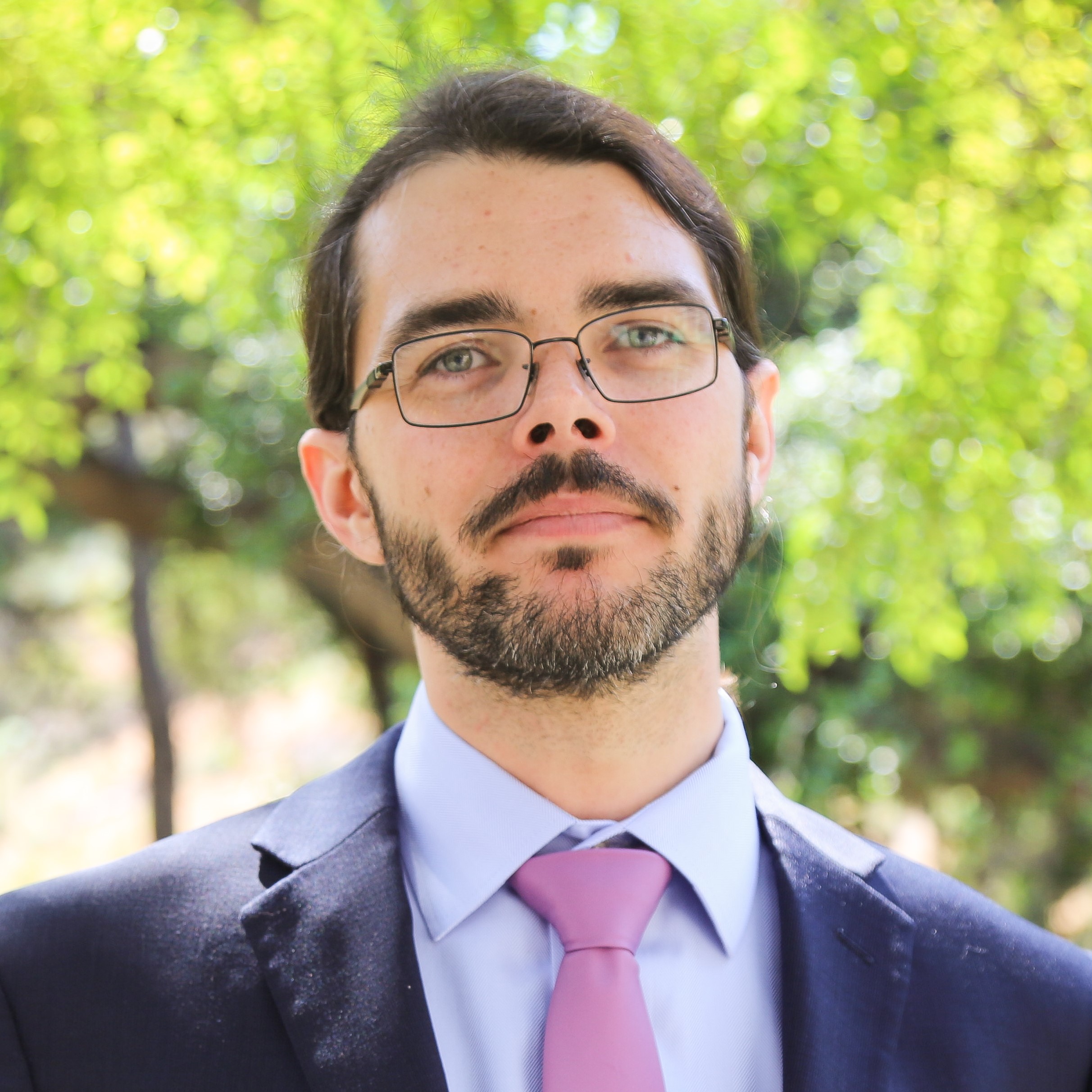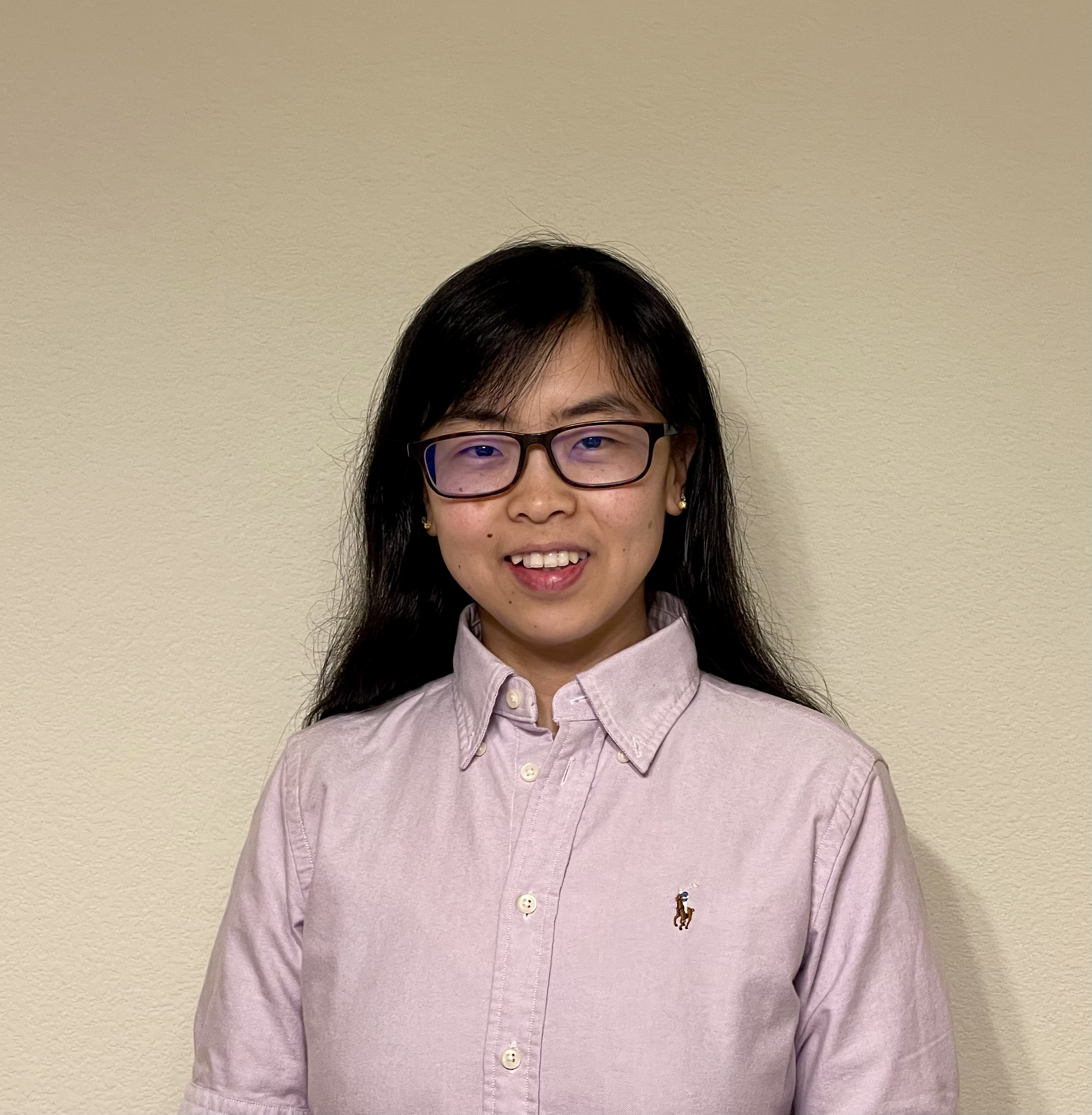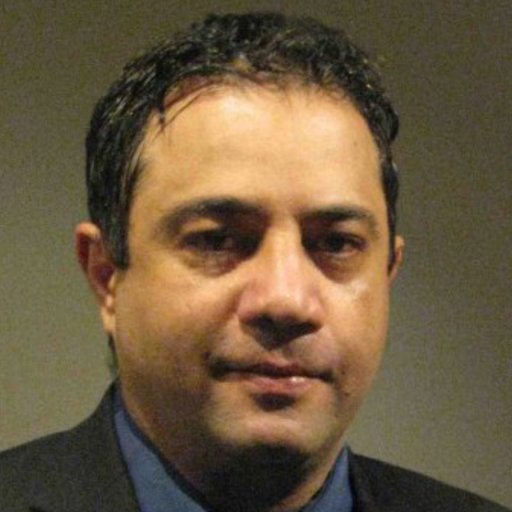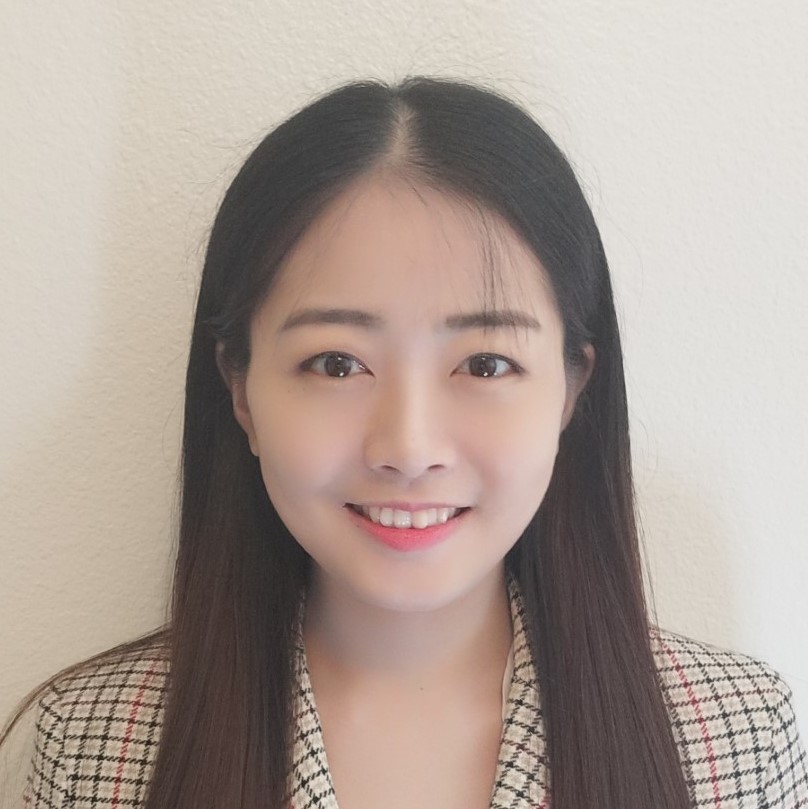

Gabilan Distinguished Professorship in Science and Engineering, and Professor of Biomedical Engineering & Electrical and Computer Engineering
2003 Ph.D. Electrical Engineering, Caltech
1998 M.S. Electrical Engineering, Caltech
1997 B.S. Engineering and Applied Science, Caltech
ellis [dot] meng [at] usc [dot] edu
Ellis Meng is Professor of Biomedical and Electrical Engineering in the Viterbi School of Engineering at the University of Southern California. She received the B.S. degree in engineering and applied science and the M.S. and Ph.D. degrees in electrical engineering from the California Institute of Technology (Caltech), Pasadena, in 1997, 1998, and 2003, respectively. In 2004, she founded the Biomedical Microsystems Laboratory which conducts research on biocompatible polymer technology and micromachining, sensors and actuators, microfluidics, and implantable and biomedical microelectromechanical systems (MEMS). Her honors include the NSF CAREER award, Wallace H. Coulter Foundation Early Career Award, 2009 TR35 Young Innovator Under 35, Viterbi Early Career Chair, ASEE Curtis W. McGraw Research Award, AIMBE Fellow, and IEEE Fellow. She serves on the editorial board of the Journal of Micromechanics and Microengineering and Frontiers in Mechanical Engineering. In 2017, she co-chaired the annual IEEE MEMS conference. She is also an active educator and authored a textbook on bioMEMS. Dr. Meng is a member of Tau Beta Pi, IEEE, AIMBE, ASME, BMES, and ASEE.


Research Associate Professor of Biomedical Engineering
2004 Ph.D. Biomedical Engineering, University of Southern California
1994 B.S. Biophysics, University of Science and Technology of China
dsong [at] usc [dot] edu
Dr. Dong Song is Research Associate Professor of Biomedical Engineering, and Co-Director of the Center for Neural Engineering at the University of Southern California (USC). His research interests include nonlinear dynamical modeling of the nervous system, hippocampal memory prosthesis, neural interface technologies, and development of novel modeling strategies incorporating both statistical and mechanistic modeling methods. He invented the multiple-input, multiple-output (MIMO) nonlinear dynamical model of spike transformation that serves as the computational basis of hippocampal memory prostheses. Dr. Song received his B.S. degree in Biophysics from the University of Science and Technology of China in 1994, and his Ph.D. degree in Biomedical Engineering from the University of Southern California in 2004. He became a Research Assistant Professor in 2006, and a Research Associate Professor in 2013, at the Department of Biomedical Engineering, USC. He received the James H. Zumberge Individual Award at USC in 2008, the Outstanding Paper Award of IEEE Transactions on Neural Systems and Rehabilitation Engineering in 2013, and the Society for Brain Mapping and Therapeutics Young Investigator Award in 2018. Dr. Song has published over 160 peer-reviewed journal articles, book chapters, and reviewed conference papers. He is a member of American Statistical Association, Biomedical Engineering Society, IEEE, Society for Neuroscience, Society for Brain Mapping and Therapeutics, Organization for Computational Neurosciences, and National Academy of Inventors. Dr. Song’s research is supported by DARPA, NSF, and NIH.


2014 Ph.D. Applied Physics, University of Michigan
2009 B.S. Applied Physics, Caltech
kscholte [at] usc [dot] edu
Kee Scholten is the Director of the Polymer Implantable Electrode Foundry at USC. Kee graduated from the California Institute of Technology (Caltech) in 2009 with a B.S. in Applied Physics. He completed his Ph.D. in Applied Physics at the University of Michigan under Professor Edward Zellers in 2014, with a research focus on gas-phase microsensors for environmental monitoring and biomedical diagnostics. Afterwards he worked as a postdoctoral scholar in the Biomedical Microsystems Laboratory at the University of Southern California under Ellis Meng and briefly for Johnson & Johnson Advanced R&D. His current and on-going work entails the development of implantable microsensors for use in biomedical applications. His research explores the development of micro- and nano-technology for ubiquitous chemical and biomedical sensing, with a focus on microelectromechanical systems, including microfluidic transducers for chemical sensing and flexible electrochemical interfaces for neural-machine interfaces.


2019 Ph.D. Biomedical Engineering, USC
2010 B.S. Biomedical Engineering, Shanghai JiaoTong University
huijingx [at] usc [dot] edu
Huijing Xu received her Ph. D. in Biomedical Engineering at the University of Southern California in 2019. After receiving her BS in Biomedical Engineering from Shanghai JiaoTong University, she continued studying in this field at USC and developed her interests in Neural Engineering and cortical prostheses. In 2011, she joined the Center for Neural Engineering (CNE) where she works under the direction of Professor T. W. Berger and Professor Dong Song. Her research focuses on the development of novel neural interfacing techniques and the understanding of the function of the hippocampus in memory processing. In specific, she works on the design and development of conformal multi-electrode arrays that can recording neural activities from multiple sub-regions of the hippocampus simultaneously from behaving animals and to conduct behavioral experiments to study the information transformation within the hippocampus tri-synaptic circuit.


2012 Ph.D. Chemical Engineering, USC
2011 B.S. University of Southern California (USC)
apetross [at] usc [dot] edu
Artin Petrossians obtained his Ph.D. in 2012 from Mork Family Department of Chemical Engineering and Materials Science, University of Southern California. He is co-founder, principal investigator (PI), and chief scientific officer (CSO) at EPIC Medical Inc. and former adjunct assistant professor at the Department of Ophthalmology, University of Southern California. His research field is focused on the performance of brain implants and optimization of signals on the brain/machine interfaces. His current research is directed to investigate the neural activities in Parkinsonian mice, rats, and monkeys’ brains by using highperformance implantable electrode materials


2018 B.S. Electrical Engineering, University of California at Santa< Barbara
apetross [at] usc [dot] edu
Steven Orler is a technician at the PIE foundry. He received his BS in Electrical Engineering from the University of California Santa Barbara. After graduating he worked in industry as a technician for Data Exchange Corporation and DAC International. Since the pandemic he has been preparing for graduate school applications and plans to apply to universities for the 2023-2024 cycle. His research areas of interest include magnetohydrodynamics and semiconductor fabrication. Outside of work, he enjoys playing soccer, rock climbing, and backpacking, especially in Yosemite.


2020 M.S. Electrical Engineering, University of Southern California
2015 B.S. Biomedical Engineering, National University of Singapore
Jian393 [at] usc [dot] edu
Wenxuan Jiang is currently a PhD student from Department of Biomedical Engineering at the University of Southern California. She received the B.S. degree in Biomedical Engineering from the National University of Singapore in 2015 and the M.S. degree in Electrical Engineering from the University of Southern California in 2020. Wenxuan has been trained in rodent surgery, microelectrode implantation, electrophysiology, and computational modeling under the mentorship of Professor Dong Song. She is interested in combining experimental and computational methods to study hippocampal and cortical circuit dynamics underlying learning and memory.

